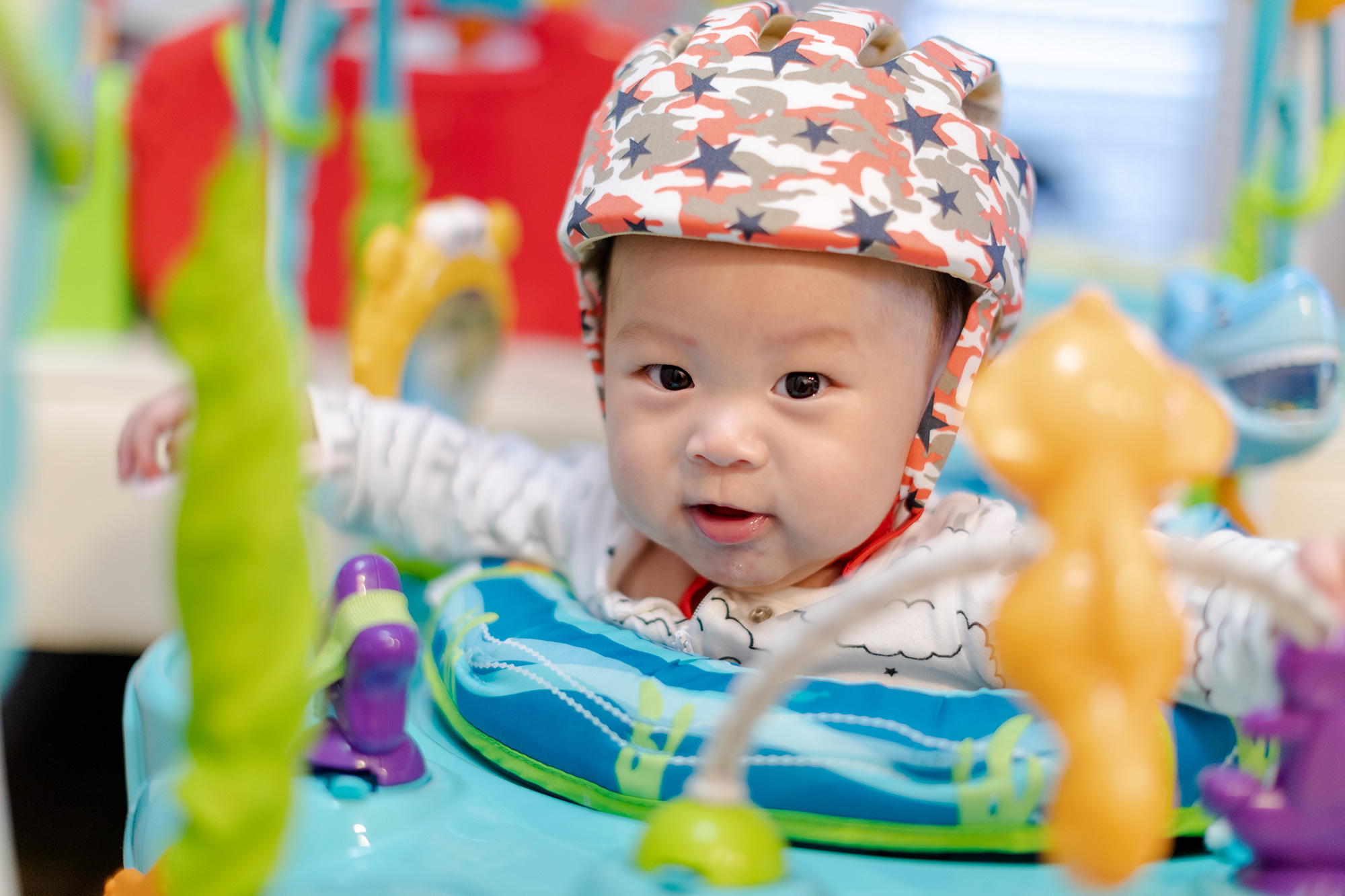The Risks of Antidepressant Use During Pregnancy

Posted
13 Jul 21
Ostrow researchers awarded five-year grant to investigate how a popular antidepressant interacts with pregnant women’s genes to cause craniofacial birth defects
NEARLY 25 PERCENT OF PREGNANT WOMEN TAKE CITALOPRAM — a selective serotonin reuptake inhibitor (SSRI) that works by boosting levels of the “feel good” hormone serotonin.
While the antidepressant might have positive effects on the expecting mother, it has been linked to the development of craniofacial defects in infants.
Ostrow researchers have been awarded a five-year grant from the National Institutes of Dental and Craniofacial Research to better understand the link between citalopram usage and a common craniofacial defect called craniosynostosis.
“Craniofacial malformations are common congenital defects that adversely affect the quality of life,” said Associate Professor Jian-Fu “Jeff” Chen, one the study’s principal investigators. “Although studies have shown that certain genetic mutations are responsible for causing craniofacial malfunctions, … overall, we have little understanding of environmental factors and gene-environment interactions in causing craniosynostosis.”
Associate Dean of Research Yang Chai PhD ’91, DDS ’96 is also a principal investigator on this study.
A Biological Solution
Craniosynostosis is a craniofacial disorder characterized by the premature fusion of the cranial sutures between cranial bones in infants. These sutures (or “soft spots”) in a typically developing infant’s skull remain flexible to allow space for continued brain growth.
When an infant develops craniosynostosis, the brain continues to grow while the skull does not, which can cause anything from a misshapen skull (in mild cases) to development delays, hearing loss, blindness and even death (in more severe cases).
Until now, the standard treatment has been for craniofacial surgeons to break apart the skull, using plates and screws to separate the bones and hold them in place. It’s an incredibly invasive surgery that often has to be done more than once because the sutures fuse once again.
Ostrow researchers have discovered a way to treat the problem, which occurs in one out of every 2,500 births, using a biological solution. They have added mesenchymal stem cells to a biodegradable gel and applied it to these sutures to keep them from prematurely fusing.
Environmental Factors
While it is known that two genes in particular — Twist1 and Tcf12 — cause craniosynostosis coupled with mesenchymal stem cell depletion, little is known about how these genes interact with certain environmental factors, including prescription drug usage, smoking and maternal thyroid diseases, to exacerbate the disorder.
Research has linked SSRI usage to birth defects. In a 2015 study, researchers found that some birth defects — including craniosynostosis — occur about two or three times more frequently among babies born to women who took certain types of SSRI medications early in pregnancy.
The Ostrow research team hope to better understand this link in an effort to improve treatment and ultimately the quality of life for these infants, who can experience intellectual disabilities as a result of this condition.
“The knowledge we gain in this study will aid in the development of stem cell-based approaches to craniofacial tissue regeneration in treating craniofacial birth defects,” Chen said. “Ultimately, we hope to develop stem cell-based approaches to better treat craniosynostosis defects associated with gene-environment interaction.”
Chen earned his bachelor’s degree in microbiology from the China Agricultural University. He earned his master’s degree in plant pathology from Kansas State University and a PhD in cell and developmental biology from the University of North Carolina, Chapel Hill. He joined Ostrow’s faculty in 2017 as an assistant professor before being promoted to associate professor in 2020. He was recently named the director of Ostrow’s PhD program in craniofacial biology.
